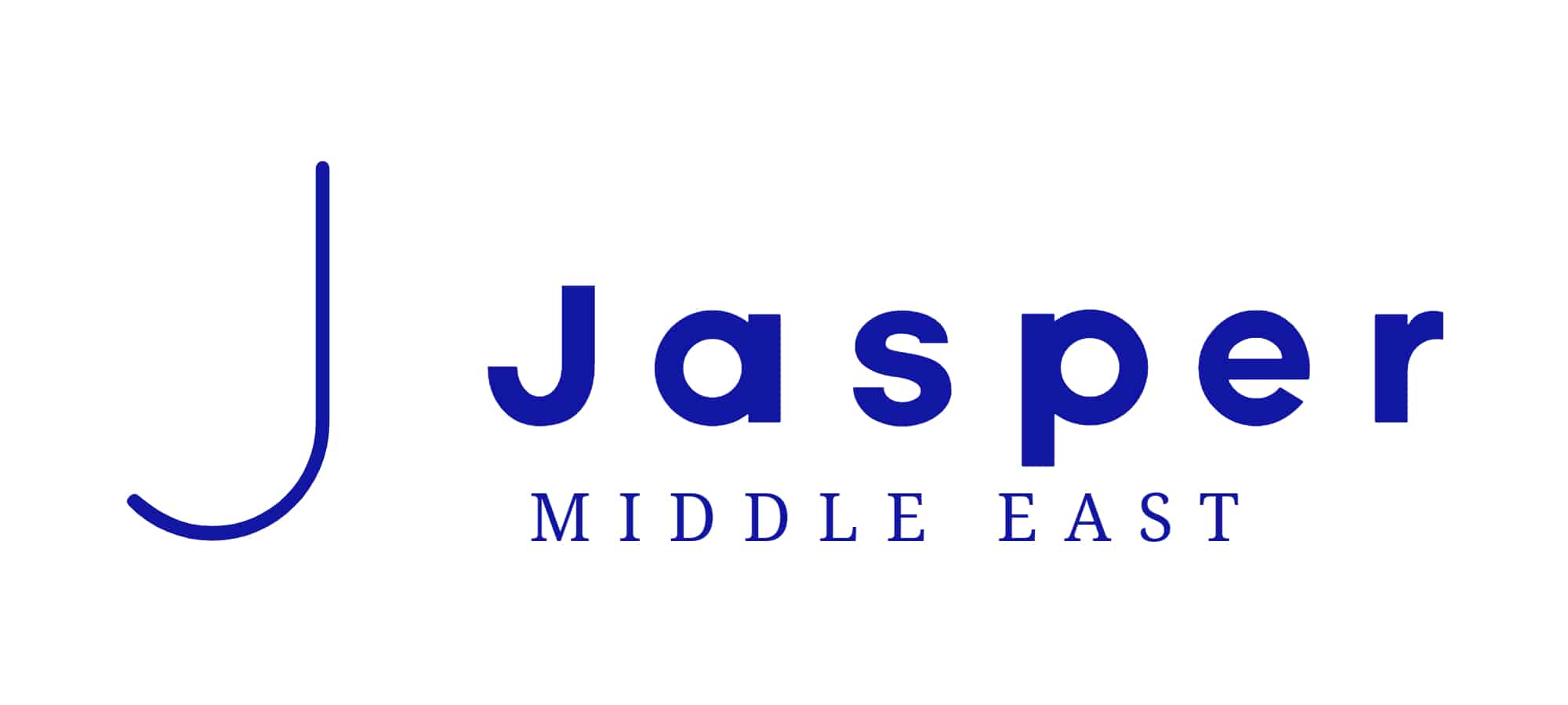Job interviews can be nerve-wracking, and one of the most challenging questions to answer is, “Why do you want to leave your current job?” It’s a tricky question that requires you to be honest about your reasons for leaving without sounding negative or disgruntled. It’s one of the most common interview questions, and it’s essential that you answer it confidently and convincingly. In this article, we’ll explore some tips and strategies to help you answer the question with confidence, highlighting your positive attributes and highlighting why you’d be a great fit for the new role. Whether you’re leaving your current job because of a better opportunity, a lack of growth, or other reasons, follow these tips to turn the question into an opportunity to impress your interviewer. So, let’s dive in and learn how to answer the interview question, “Why do you want to leave your current job?” with confidence.

Understanding why employers ask the question
Before we dive into how to answer the interview question, it’s important to understand why employers ask it in the first place. The interviewer is looking to understand your motivation for leaving your current job and to get a sense of your work values and priorities. They want to know if you’re leaving because of a lack of growth opportunities, a toxic work environment, or simply because of a better opportunity.
Employers also want to know if you’ve done your due diligence and researched the new company and role. They want to ensure that you’re genuinely interested in the new role and have a good understanding of the company’s culture, values, and goals. They’re looking for a candidate who is committed to the role and the company for the long haul.
The importance of being honest
When answering the question, it’s essential to be honest about your reasons for leaving your current job. It’s okay to say that you’re looking for a new challenge or that you’re interested in exploring new opportunities. However, it’s important to avoid negative comments about your current job or employer, as this may reflect poorly on you.
Being honest also means avoiding the temptation to lie or exaggerate your reasons for leaving. Employers are likely to do their due diligence and verify your employment history. If they find out that you’ve lied, it can seriously damage your chances of getting the job.
Reasons for leaving a job
There are many reasons why you might be leaving your current job, and it’s essential to have a clear understanding of your motivations before going into the interview. Some common reasons include:
### Lack of growth opportunities
One of the most common reasons for leaving a job is a lack of growth opportunities. If you feel that you’ve reached the height of your career at your current company and there is no room for growth, it may be time to explore new opportunities.
### Toxic work environment
Another reason for leaving a job is a toxic work environment. If you’re dealing with a difficult boss, co-workers, or work culture, it can take a toll on your mental health and job satisfaction.
### Better opportunity
Sometimes, you may be leaving your current job because of a better opportunity. If you’ve been offered a more challenging role, better pay, or better benefits, it’s okay to mention it as a reason for leaving your current job.
### Relocation
If you’re relocating to a new city or country, it’s an understandable reason for leaving your current job. Be sure to mention it as a reason for leaving, as it’s a valid reason that employers will understand.
### Personal reasons
Sometimes, you may be leaving your current job for personal reasons, such as health issues, family obligations, or other personal circumstances. It’s okay to mention it as a reason for leaving, but be sure to keep it brief and to the point.
How to frame your response in a positive light
When answering this interview question, it’s essential to frame your response in a positive light. You want to emphasize your positive attributes and highlight why you’re a great fit for the new role. Here are some tips for framing your response:
### Emphasize your desire for growth
If you’re leaving your current job because of a lack of growth opportunities, emphasize your desire for growth in the new role. Highlight how the new role aligns with your career goals and how it will allow you to develop new skills and experiences.
### Focus on the positive aspects of the new role
When answering the question, focus on the positive aspects of the new role and company. Emphasize how the new role aligns with your interests and how the company’s values and culture align with your own.
### Highlight your achievements
When talking about your current job, highlight your achievements and the positive impact you’ve had on the company. This will show that you’re a high-performing employee who is committed to delivering results.
### Be enthusiastic
When answering this interview question, be enthusiastic about the new role and the company. Show that you’re genuinely excited about the opportunity and that you’re committed to making a positive impact.
Examples of effective answers
Here are some examples of effective answers to the question, “Why do you want to leave your current job?”
### Example 1:
“I’ve enjoyed my time at my current job, but I’m looking for a new challenge and an opportunity to grow my skills and experience. The new role aligns with my career goals, and I’m excited about the opportunity to work with a company that shares my values and commitment to excellence.”
### Example 2:
“I’m leaving my current job because of a lack of growth opportunities. I’m looking for a role that will allow me to develop new skills and experiences, and I believe that the new role will provide me with the opportunity to do so. I’m excited about the opportunity to work with a company that is committed to innovation and making a positive impact on the world.”
Practice your response
Before going into the interview, it’s essential to practice your response to the question. Practice with a friend or family member and ask for feedback. Make sure that your response is clear, concise, and confident.
What not to say
When answering the question, there are a few things that you should avoid saying:
### Don’t badmouth your current employer
Avoid badmouthing your current employer or co-workers. It can reflect poorly on you and make you appear negative or difficult to work with.
### Don’t lie or exaggerate
Avoid lying or exaggerating your reasons for leaving your current job. Employers are likely to verify your employment history, and if they find out that you’ve lied, it can seriously damage your chances of getting the job.
### Don’t sound desperate
Avoid sounding desperate or like you’re willing to take any job. It can make you appear less desirable as a candidate.
Addressing job hopping concerns
If you’ve had multiple short-term jobs or have a history of job hopping, employers may be concerned about your commitment to the new role. If this is the case, it’s essential to address their concerns head-on.
Explain that you’re looking for a long-term opportunity that aligns with your career goals and values. Highlight how the new role aligns with your interests and how you believe it will provide you with the opportunity to develop your skills and experiences.
Additional tips for how to answer the interview questions
Here are some additional tips for answering interview questions:
### Research the company
Before going into the interview, research the company and the role. Get a sense of the company’s culture, values, and goals, and be prepared to discuss how you can contribute to the company’s success.
### Be confident
When answering interview questions, be confident and assertive. Speak clearly and concisely, and maintain eye contact with the interviewer.
### Ask questions
Be prepared to ask questions about the company and the role. It shows that you’re genuinely interested in the opportunity and that you’re committed to making a positive impact.
Conclusion
Answering the interview question, “Why do you want to leave your current job?” can be challenging, but with the right preparation and mindset, it can be an opportunity to impress your interviewer and land your dream job. Remember to be honest, frame your response in a positive light, and practice your response before going into the interview. With these tips and strategies, you’ll be able to answer the question with confidence and conviction.
About the Author

Ritu Bhatnagar is a seasoned recruiter with over 15 years of experience in the industry. She founded her own recruitment agency, Jasper Middle East, which specializes in placing top talent in diverse industries. It has offices in UAE and India. Ritu is passionate about connecting businesses with the best talent available and has built a reputation for providing high-quality service. When she’s not recruiting, Ritu can be found exploring her love for fitness and practicing yoga.
